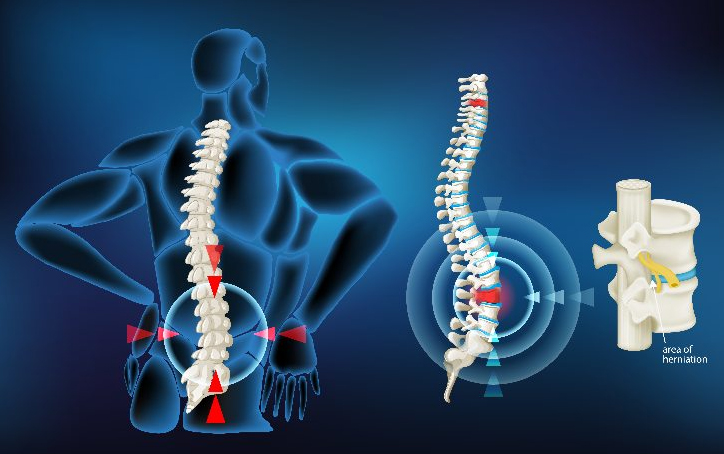Disc Prolapse
A herniated disk occurs when one of the disks in your spine (backbone) tears or leaks due to natural wear and tear or injury. This puts pressure on your spinal cord and irritates your spinal nerves, leading to pain, numbness and weakness.
You have a series of bones (vertebrae) in your spine, stretching from the base of your skull to your tailbone. Between your vertebrae are round cushions called disks. The disks act as buffers between your bones, allowing you to bend and move with ease. Over time, the disks become less effective and may become displaced. When this occurs, it’s called a herniated disk.
Other names for a herniated disk include:
- Bulging disk.
- Slipped disk.
- Ruptured disk.
- Protruding disk.
Symptoms of a herniated disk in your neck (herniated cervical disk)
Symptoms of a bulging disk in your neck may include:
Services Outcome
- Neck pain, especially in the back and on the sides of your neck.
- Numbness or tingling in your arms.
- Pain near or between your shoulder blades.
- Increase Productivity
- Pain that increases when bending or turning your neck.

